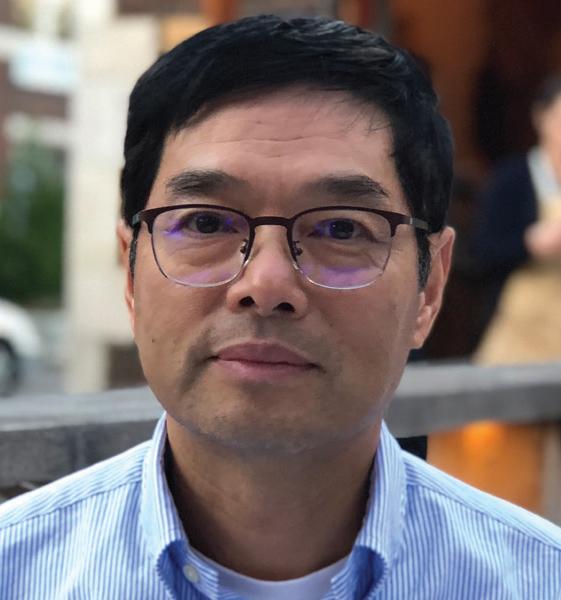11th Annual Ways of Knowing
11th Annual Ways of Knowing
Public Opinion and the Fracturing of Democracy
Wednesday, March 24, 2021
3:30 – 5:00 pm
Via Zoom
Zoom link: csuohio.zoom.us/j/87688342722
Presider:
Allyson Robichaud, Interim Dean
College of Liberal Arts and Social Sciences
Presenters:
Qingshan Tan, Professor of Political Science
Richard M. Perloff, Professor of Communication, Political Science, and Psychology
 Qingshan Tan
Qingshan Tan
Public Opinion on Social Justice in China
China's rise has not only propelled China to be the second-largest economy in the world but also produced an increasing socioeconomic inequality that undermines the legitimacy of the socialist political system. What do people think of social inequality and social justice? To understand public attitudes towards the issue of social justice, this talk uses a general survey of public opinion and social justice to analyze how people look at social justice in China. Our research shows that people tend to use their subjective belief system to view social justice. We find that overall public opinion focuses more on distributional justice and less on processes and procedures. We also find there is an increasing minority of socioeconomic groups who began to pay more attention to policy-making processes and justice procedures. This finding may have an important implication for policymaking as the Chinese government seeks to reduce social instability.
 Richard M. Perloff
Richard M. Perloff
Why We Assume the Media Hate Our Social Group: Portentous Implications of the Hostile Media Bias for Democracy and Public Health
Why do people think the media are biased against their side? Why do you sometimes worry that media coverage will sway the public against your partisan group? These questions form the foundation of the hostile media effect, a fascinating confluence of communication and political psychology. Calling on my decades-long scholarship in this area, I will describe hostile media biases, discuss when and why they work, and ponder their implications for democracy and public health. Hostile media biases undermine the fabric of democratic and factually-based discourse. They merit understanding and amelioration.